Alphabet Recognition Normal Worksheets for Ages 3-9 - Page 2
44 filtered results
-
From - To
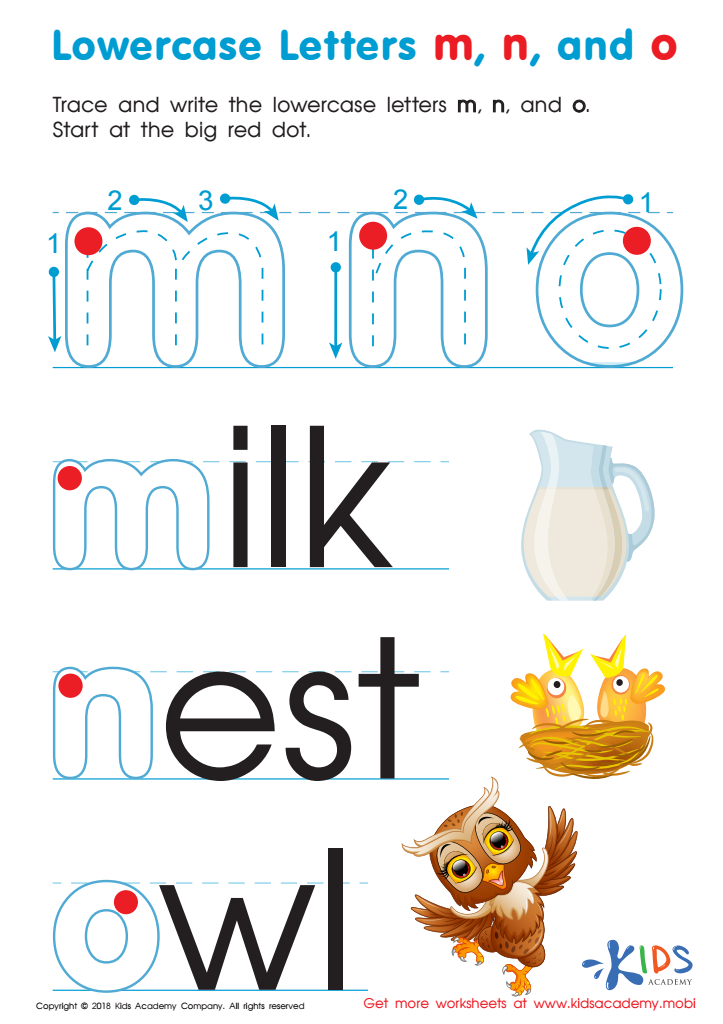

Lowercase Letters m n o Worksheet
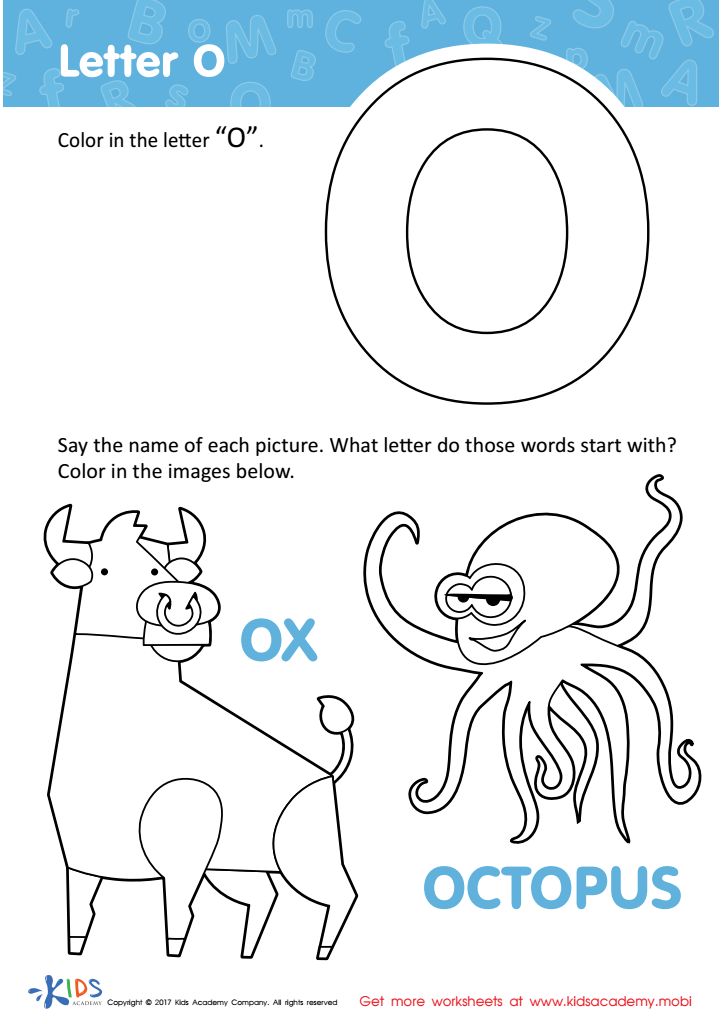

Letter O Coloring Sheet
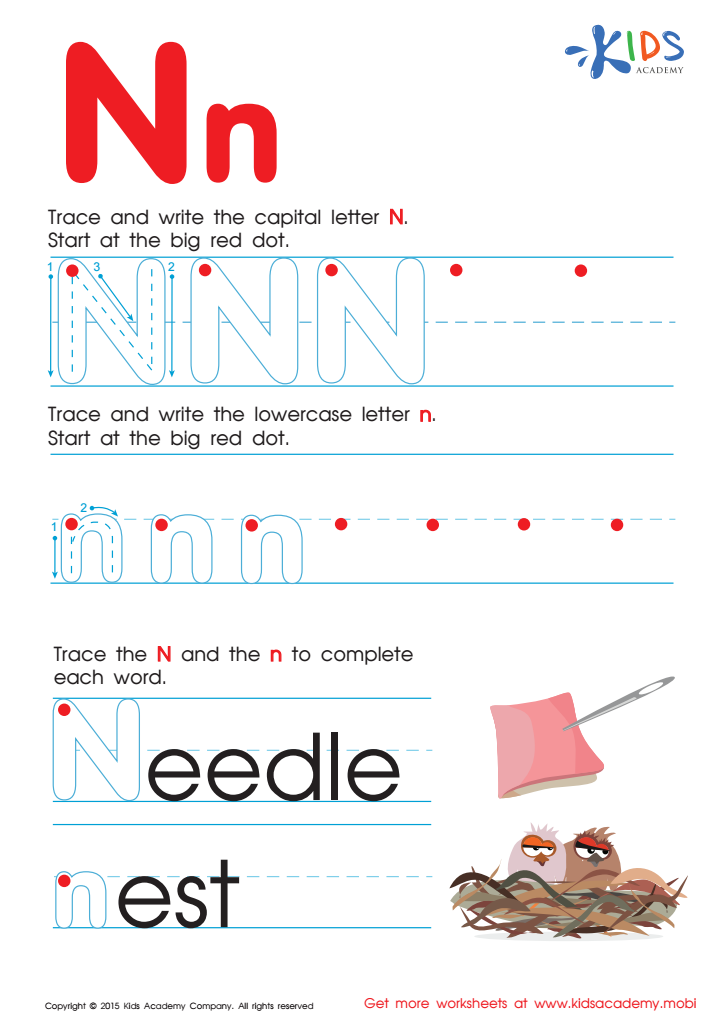

Letter N Tracing Page
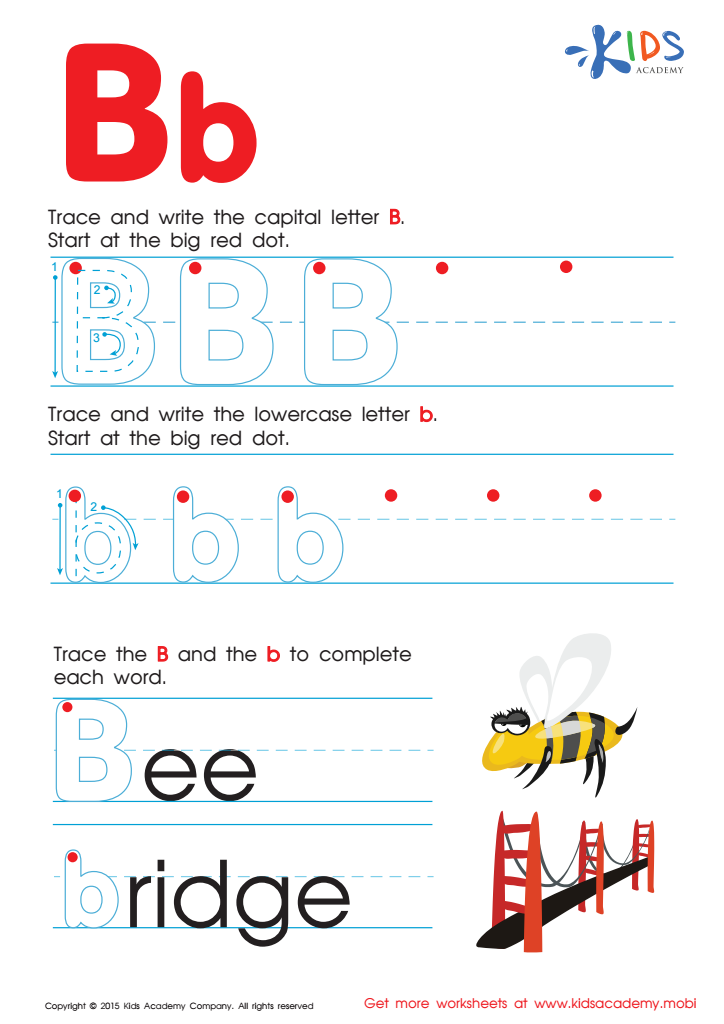

Letter B Tracing Page
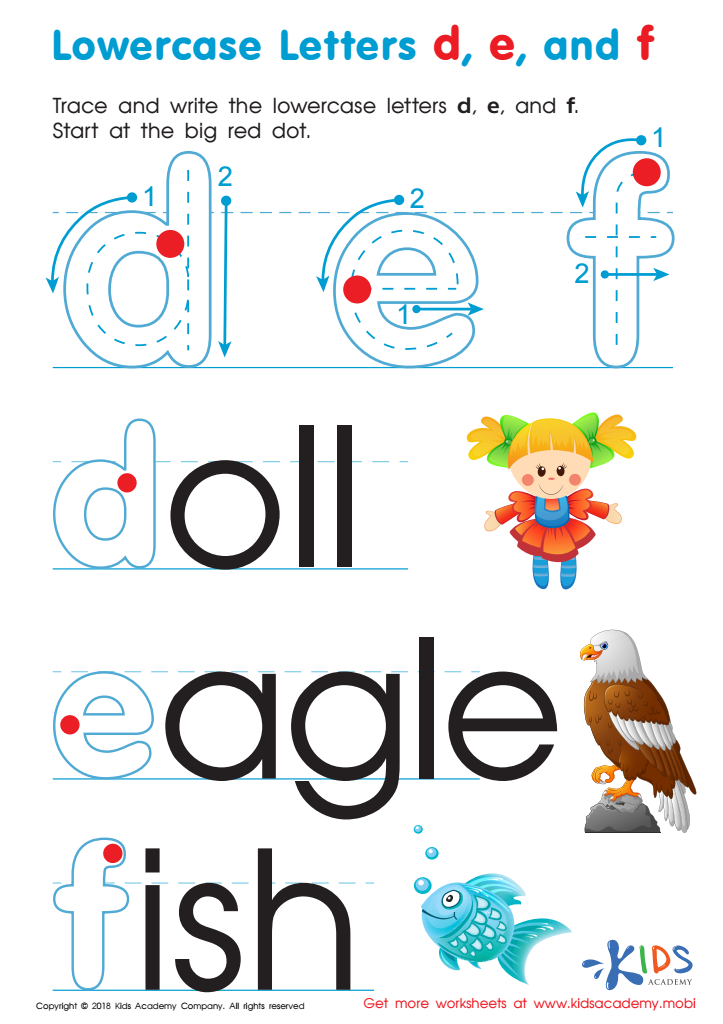

Lowercase Letters d e f Worksheet
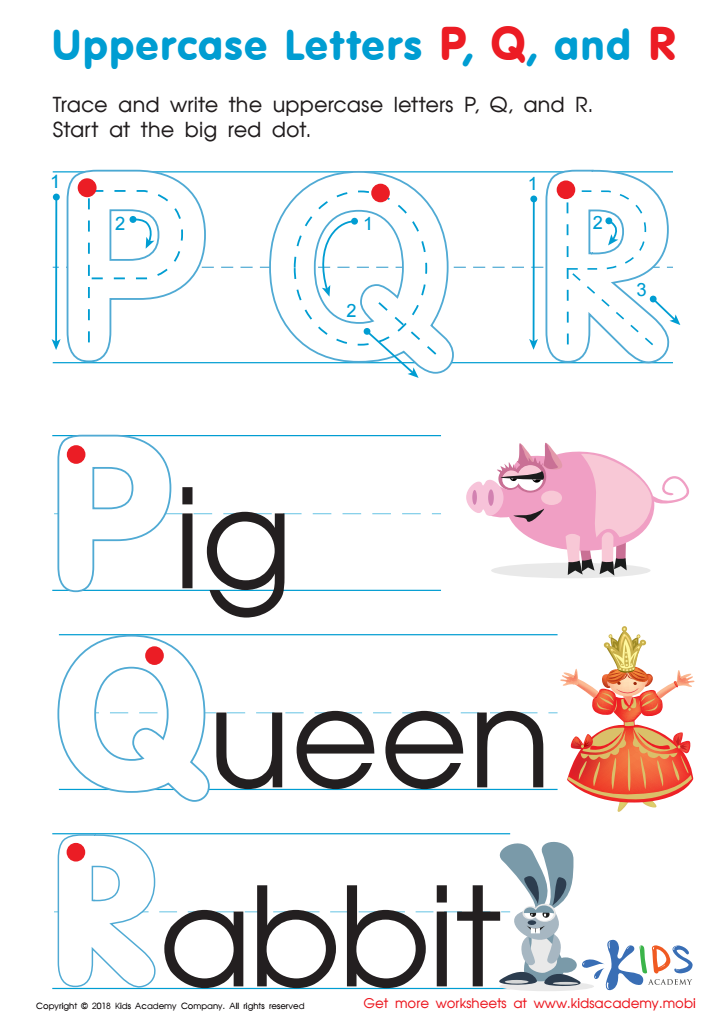

Uppercase Letters P, Q, and R Worksheet
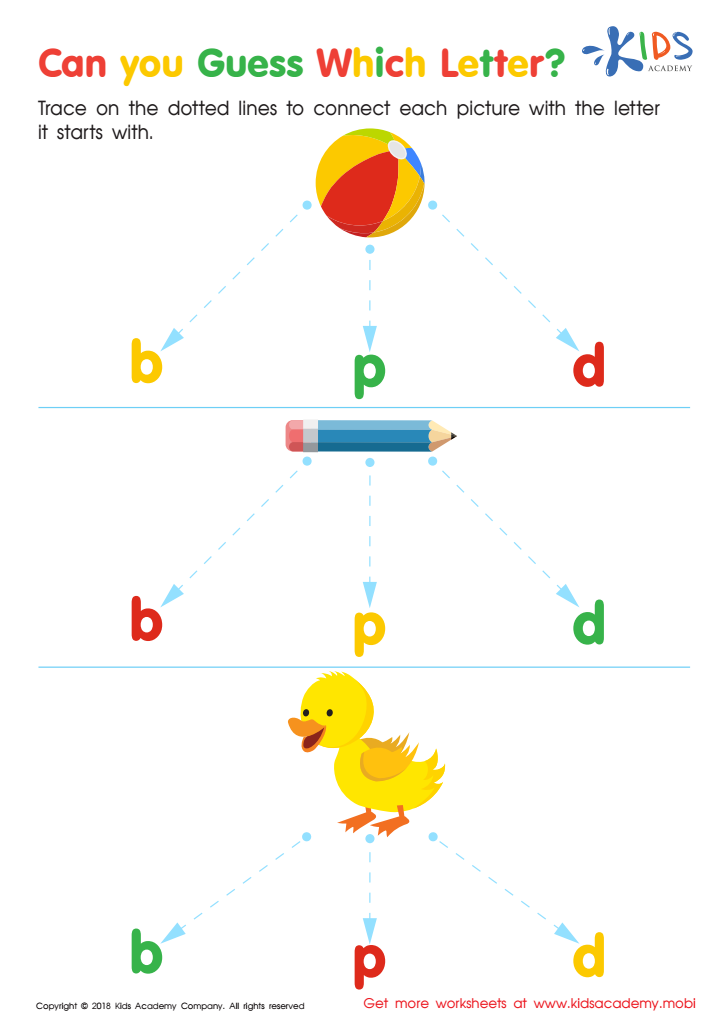

Can you Guess Which Letter? Worksheet
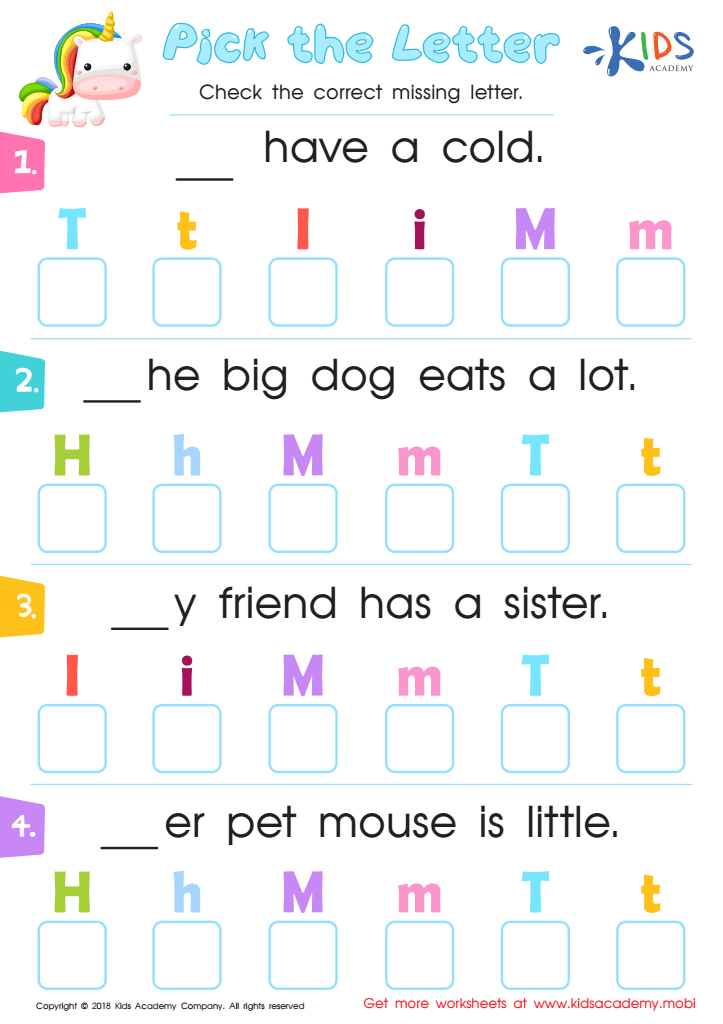

Pick the Letter Worksheet
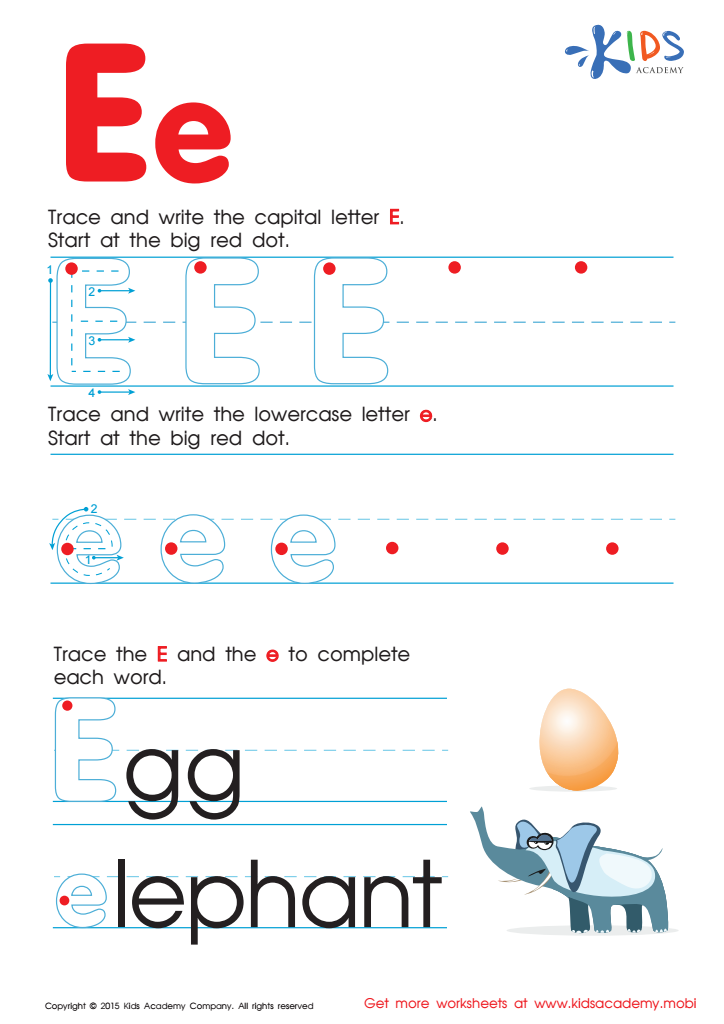

Letter E Tracing Page
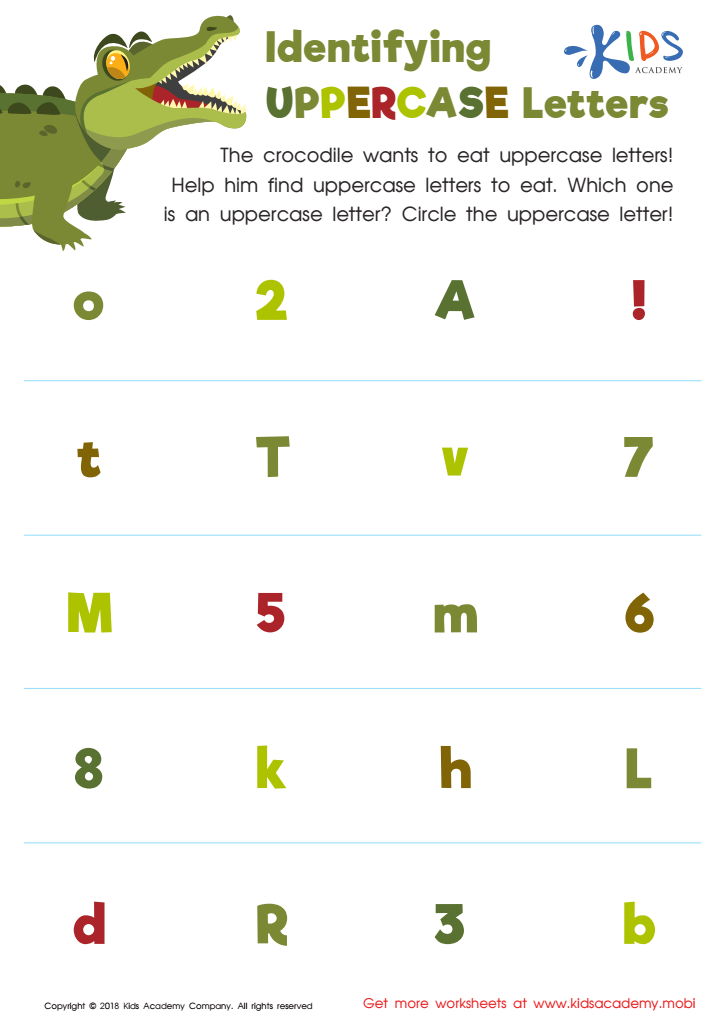

Identifying Uppercase Letters Worksheet
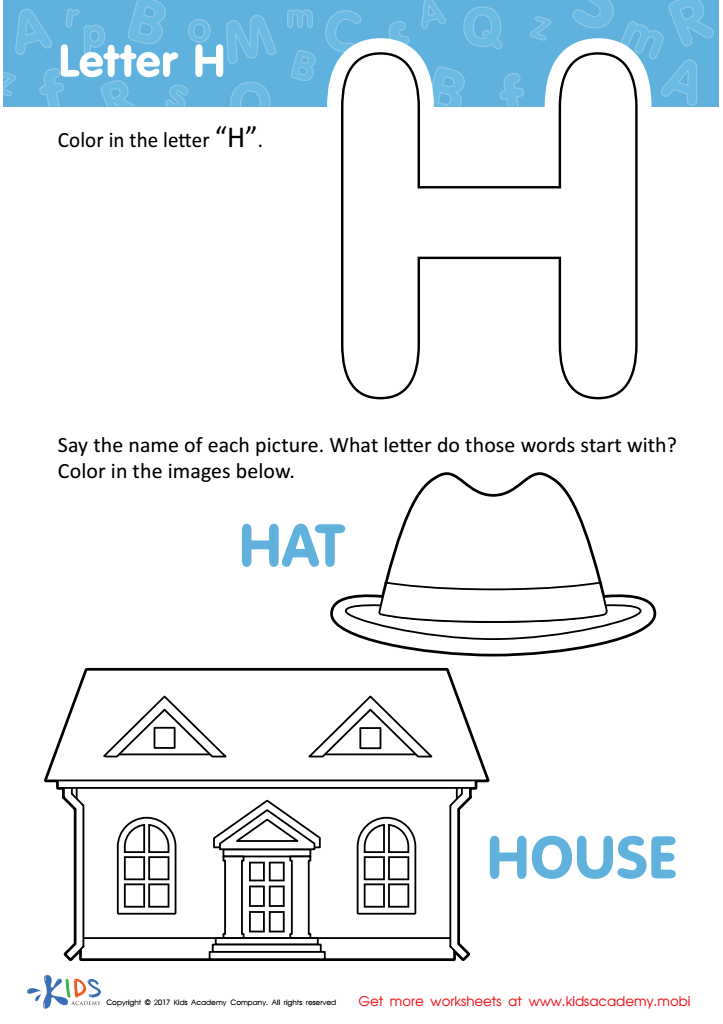

Letter H Coloring Sheet
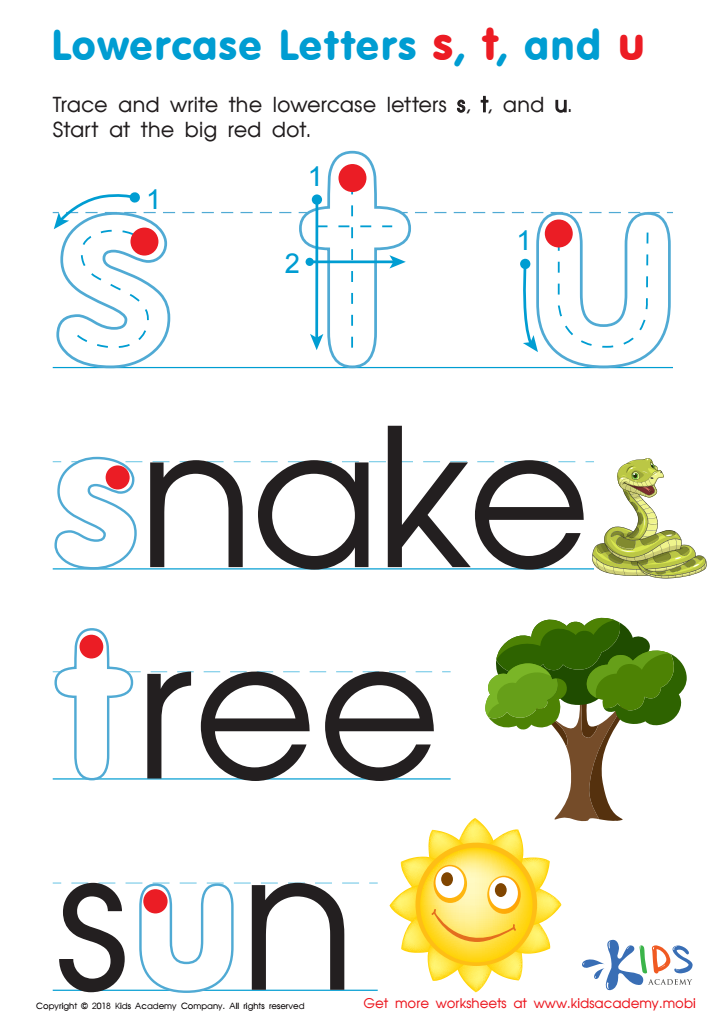

Lowercase Letters s t u Worksheet
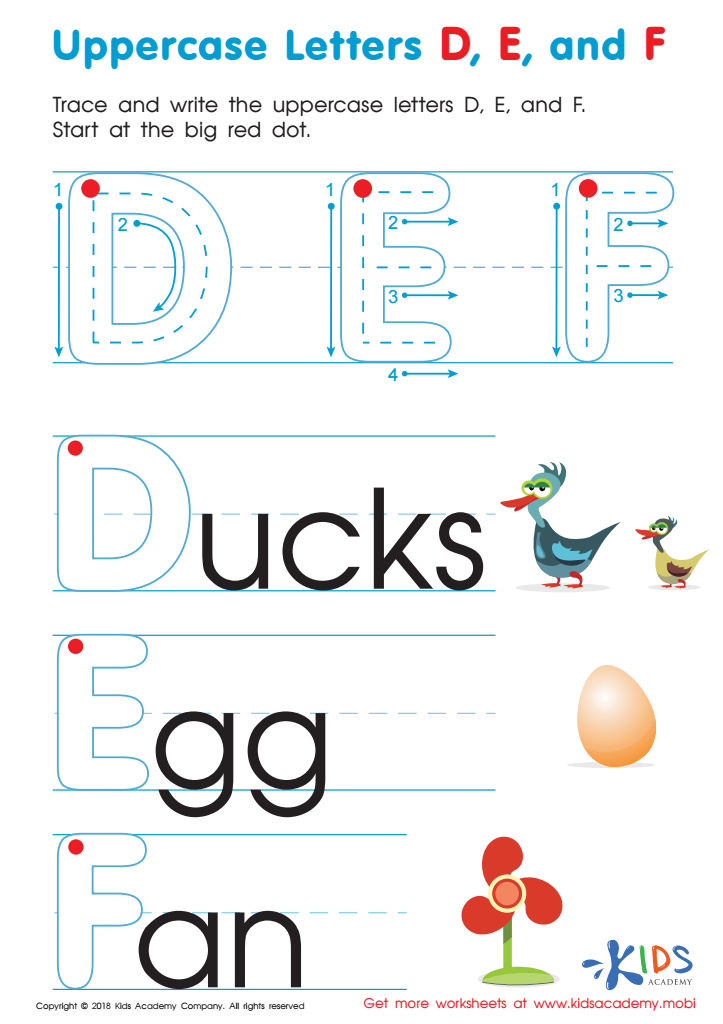

Uppercase Letters D, E, and F Worksheet
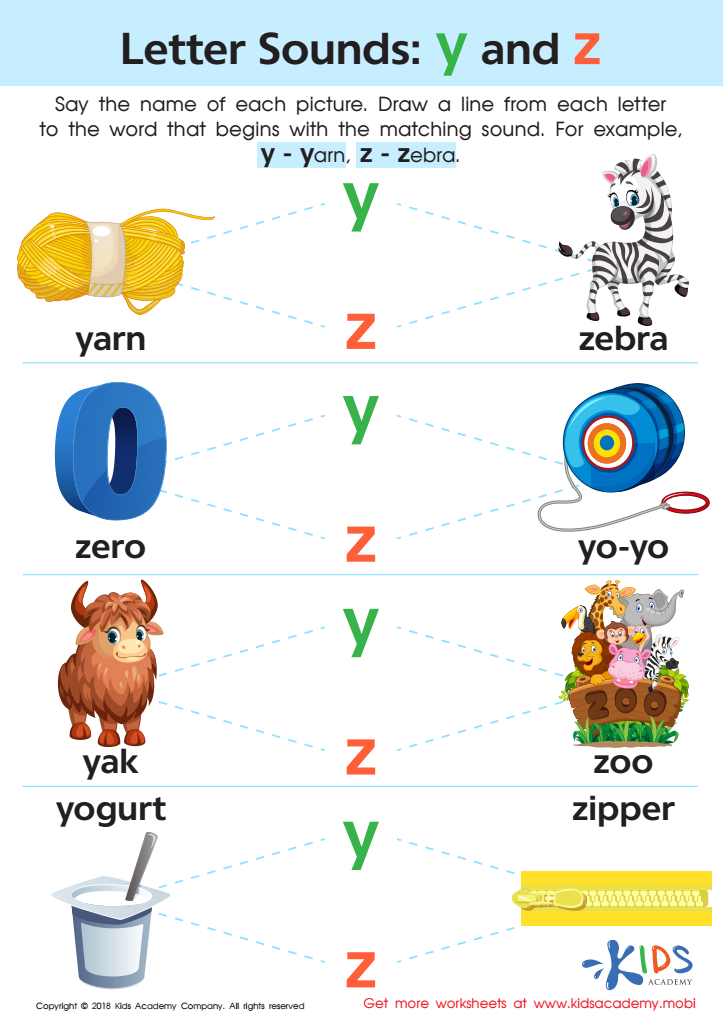

Letter Y and Z Sounds Worksheet
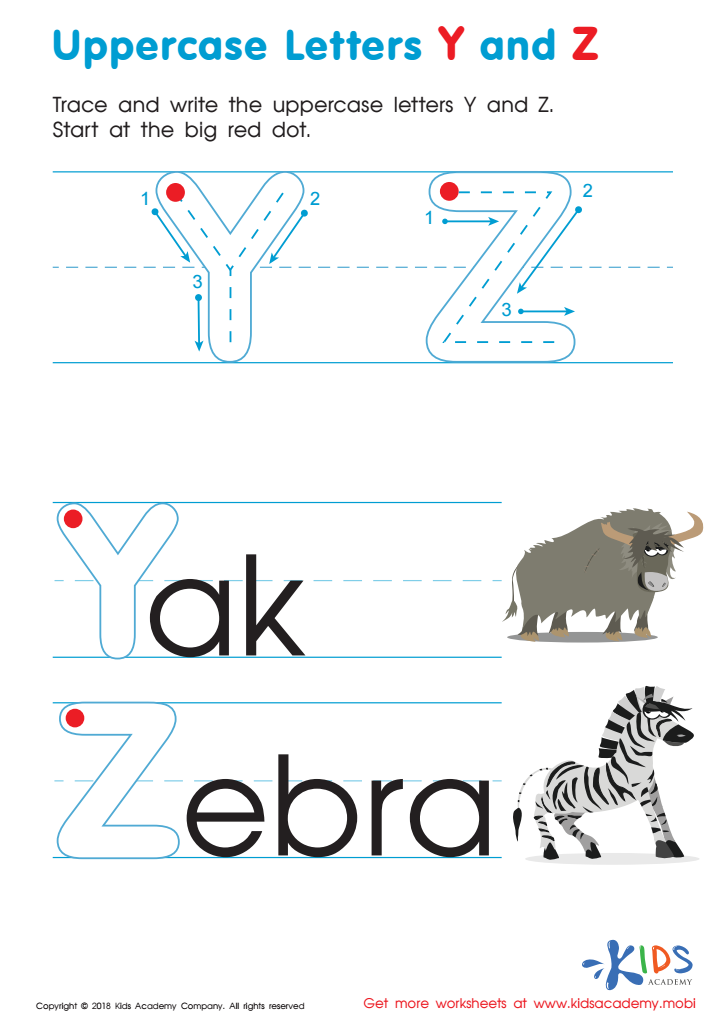

Uppercase Letters Y Z Worksheet
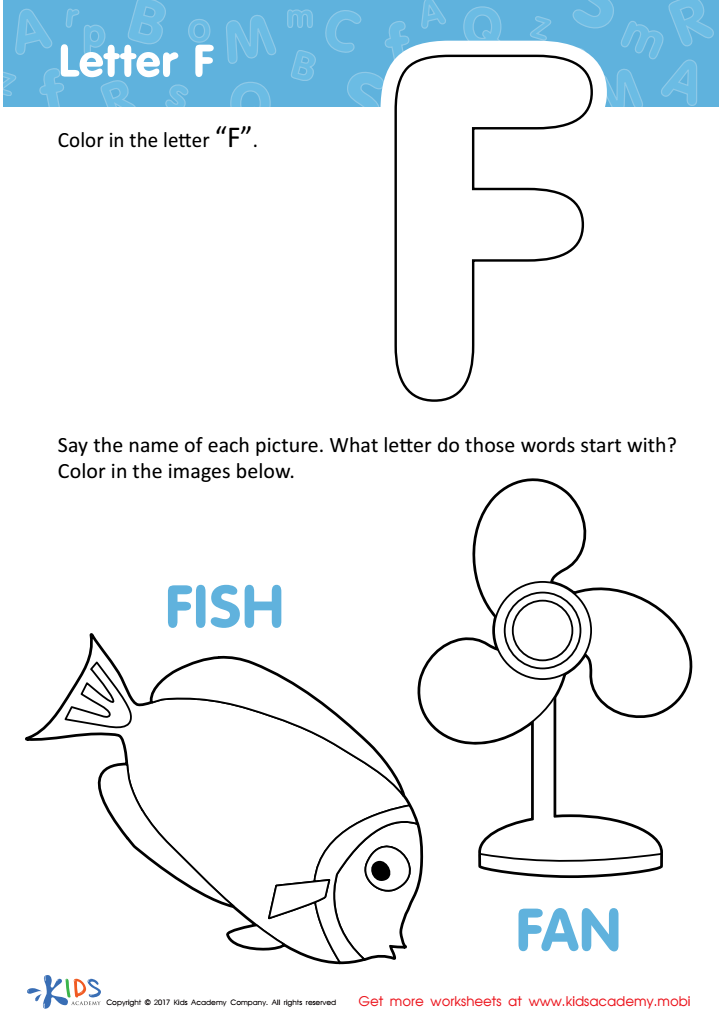

Letter F Coloring Sheet
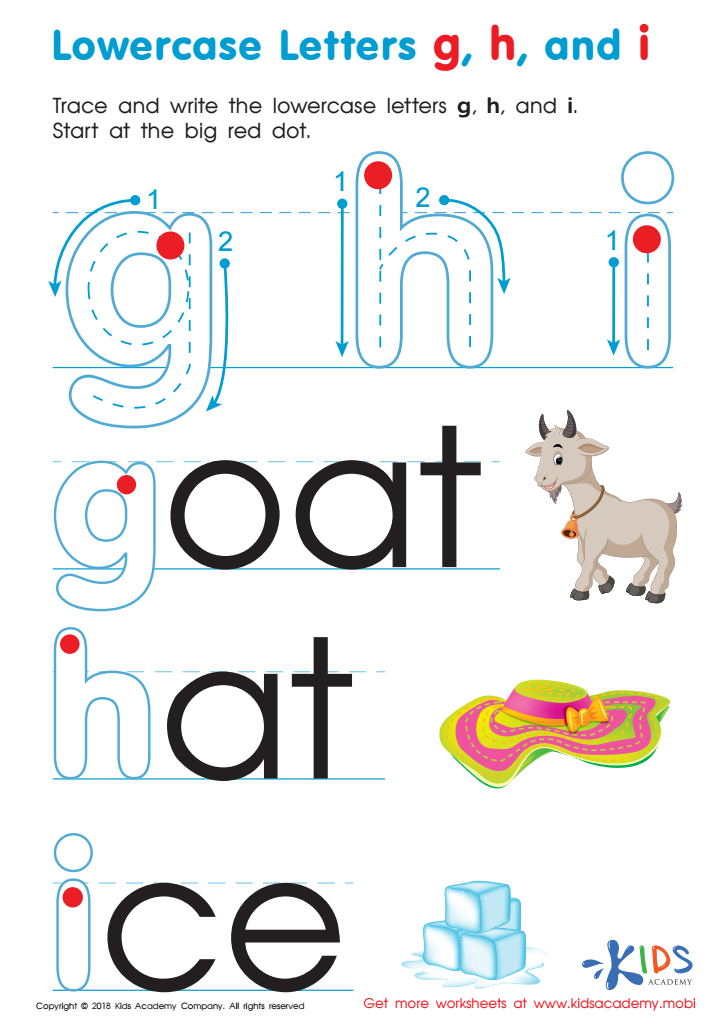

Lowercase Letters g h i Worksheet
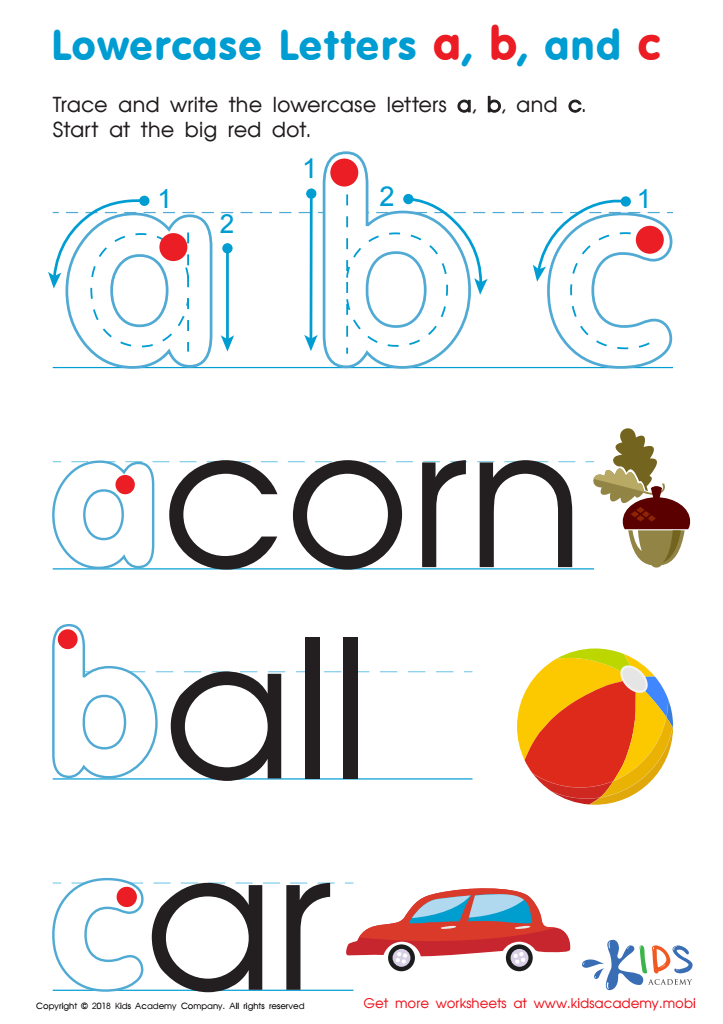

Lowercase Letters a b c Worksheet
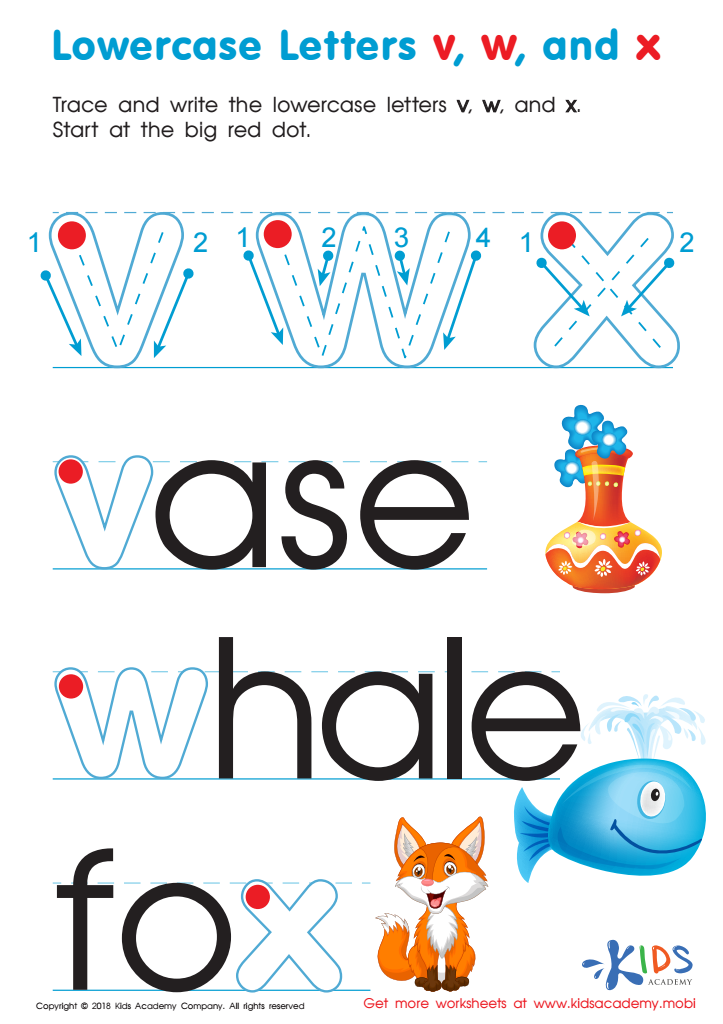

Lowercase Letters v w x Worksheet
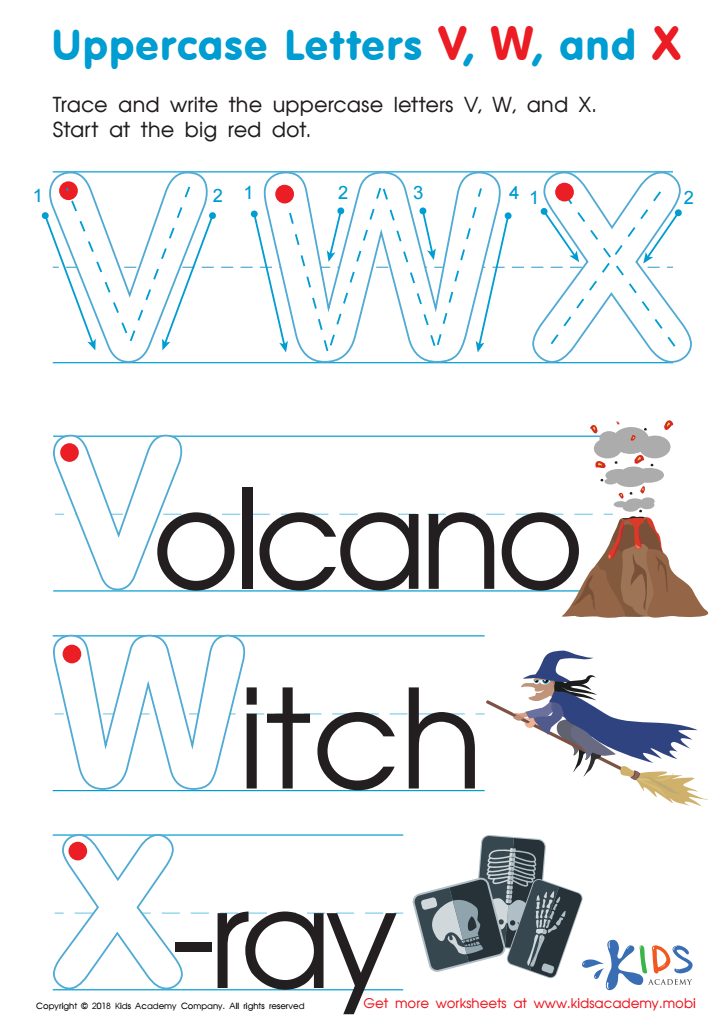

Uppercase Letters V, W, and X Worksheet
Alphabet recognition is foundational for early childhood education and is crucial for children aged 3-9 as it serves as the building block for future literacy and academic success. This critical skill directly impacts a child's ability to read, write, and communicate effectively. Parents and teachers play an essential role in fostering this development.
When children can identify and understand letters, they are more likely to grasp phonics—the relationship between letters and sounds. This understanding is vital for decoding words, leading to fluent reading. Early recognition also supports vocabulary expansion and comprehension, pivotal for overall academic achievement.
Moreover, alphabet recognition enhances cognitive development. It involves memory and the ability to distinguish visual symbols, contributing to improved concentration and attention to detail. These skills are transferable across various learning areas.
Parents and teachers advocating for strong alphabet recognition sets children on a path toward confident, motivated learning. Introducing engaging, age-appropriate activities, such as storytelling, songs, and educational games, makes learning enjoyable and effective. Consistent support in this area lays a strong educational foundation, instilling lifelong reading habits and a genuine love for learning.
Investing time and effort into alphabet recognition at an early age ensures children are well-prepared to tackle the more complex aspects of their education confidently and successfully.
 Assign to My Students
Assign to My Students






















